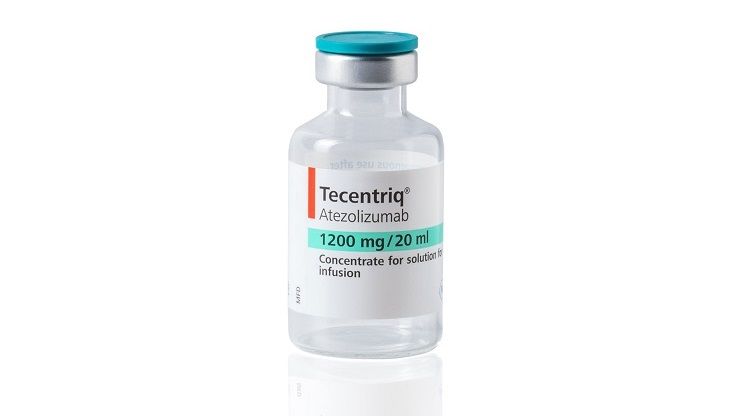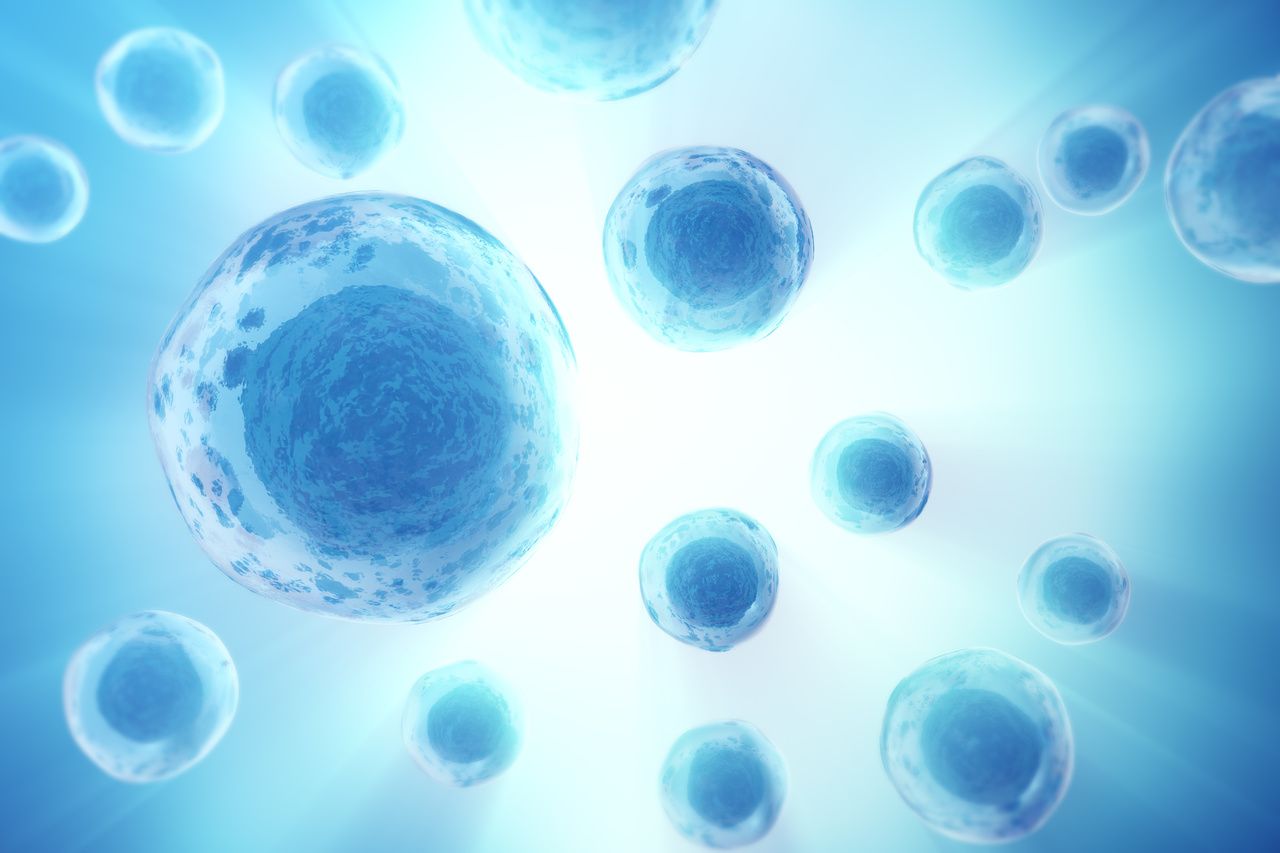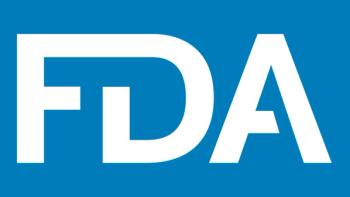
Immuno-Oncology
Latest News
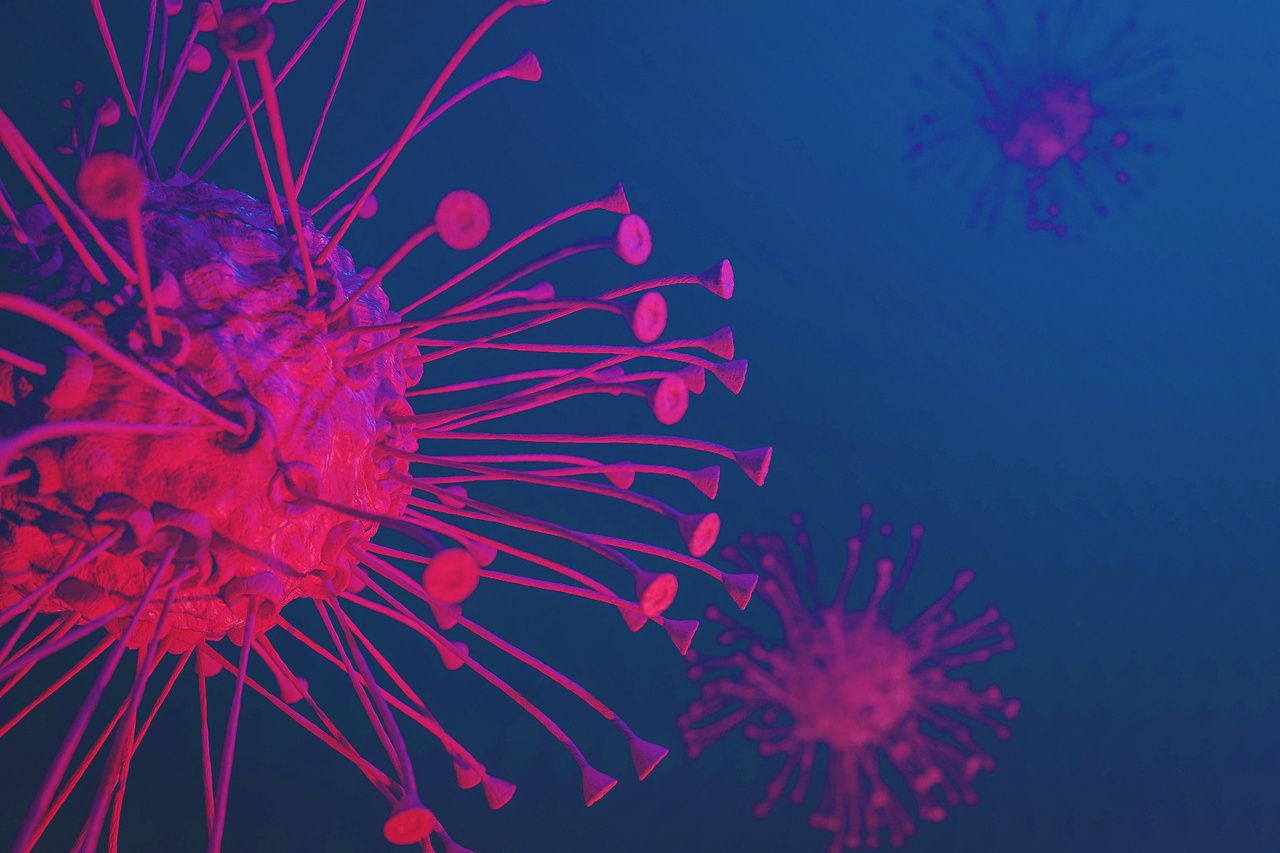


Previous research has suggested the efficacy of chimeric antigen receptor natural killer (CAR-NK) cells in hematological malignancies, and more recently, preclinical findings have raised the question of whether the type of treatment could be a viable, potentially more attractive option for solid tumors.
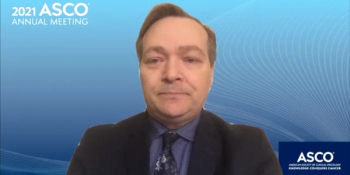
Larry D. Anderson Jr, MD, PhD, associate professor, Harold C. Simmons Comprehensive Cancer Center, discusses updated findings of the phase II KarMMa trial assessing ide-cel chimeric antigen receptor (CAR) T-cell therapy for treatment of adult patients with relapsed or refractory multiple myeloma after 4 or more prior lines of therapy.

Camille Hertzka, vice president and head of Oncology, US Medical, AstraZeneca, discussed updated findings of the PACIFIC trial that indicated a third of patients with unresectable non-small cell lung cancer are stable at 5 years.
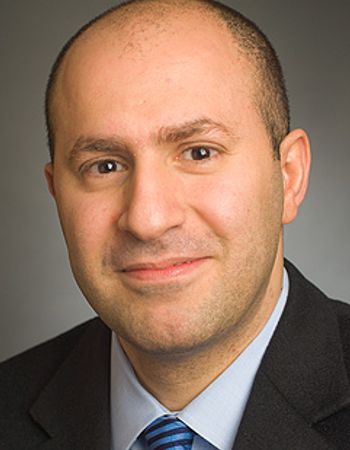
The study's lead author said researchers have searched for a generation for an effective therapy to give to high-risk patients with renal cell carcinoma after initial surgery for the tumor.

Also, phase 2 results for atezolizumab presented during the 2021 Annual Meeting of the American Society of Clinical Oncology could help patients in same setting who need another option.

Kirk Shepard, MD, chief medical officer, senior vice president, and head of Global Medical Affairs, Eisai, discusses findings of a study showcasing similar health-related quality of life (HRQOL) scores between lenvatinib/pembrolizumab vs chemotherapy in patients with advanced endometrial carcinoma.

Robert Iannone, MD, MSCE, executive vice president of research and development for Jazz Pharmaceuticals, addresses findings of an abstract presented at ASCO 2021 which showed preliminary efficacy of lurbinectedin in combination with irinotecan in patients with advanced endometrial carcinoma.

Various clinical trials are assessing the potential of neoantigen-based cancer vaccines.

Researchers outlined novel approaches to prevent and manage cytokine release syndrome (CRS), which occurs frequently in patients receiving chimeric antigen receptor T-cell therapy.
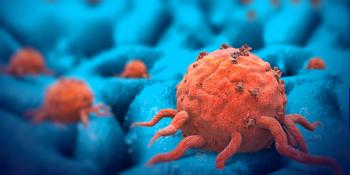
As a validated health-related quality of life (HRQOL) measurement is not widely used among patients receiving this type of treatment, trials take advantage of traditional HRQOL tools.

According to researchers, the findings suggest that receiving ibrutinib improves the activity of anti-CD19-CAR T cells.

Strategies for improving outcomes across hematologic cancers and solid tumors range from addressing cytokine release syndrome and neurotoxicity mediators, immune rejection, on-target off-tumor toxicity, post-infusion control limitation, and immunosuppressive tumor microenvironment.
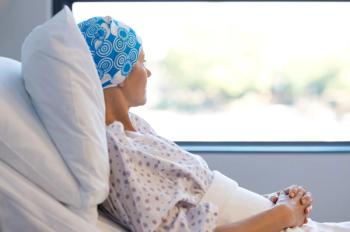
In a recent review, researchers compiled possible reactions and toxicities that span 6 categories.
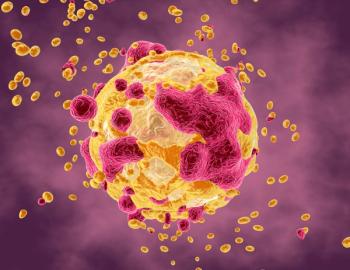
Dostarlimab, for patients with recurrent or advanced deficient mismatch repair endometrial cancer, and a companion diagnostic, were recently approved by the FDA.

Tuesday marked the first of 3 days of hearings on whether checkpoint inhibitors should keep indications after follow-up studies failed to show benefits that led to accelerated approval.

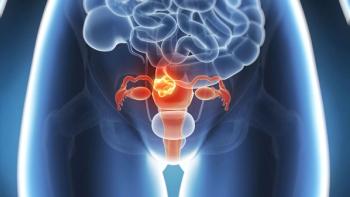
The researchers focused on immunotherapy combinations, which they say may hold promise in the treatment of late-stage or recurrent endometrial cancer (EC).
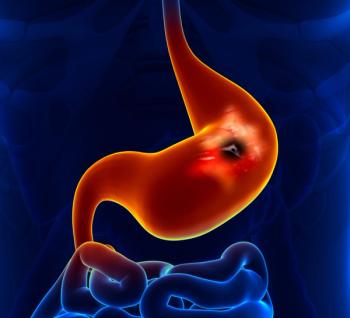
Nivolumab, marketed under the name Opdivo, led to a 29% reduced risk of death when combined with certain chemotherapies for gastric cancers.

Given that some patients may need to travel out of state to access CAR T sites of care, some may not have a clear understanding of their insurance benefits, including requirements for out-of-state or out-of-network treatment, as well as adequate assistance with the costs of medical-related travel.

The study identifies the tumor-suppressing protein p53 as a working partner of “speckles,” nuclear structures that contain proteins and RNA involved in gene expression.

As more therapies continue to be approved, efforts will focus on toxicity prevention and mitigation strategies for associated unique and potentially life-threatening adverse reactions.
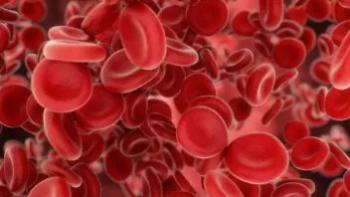
The approval marks the first B-cell maturation antigen-directed genetically modified autologous chimeric antigen receptor T-cell therapy for patients with relapsed or refractory multiple myeloma.
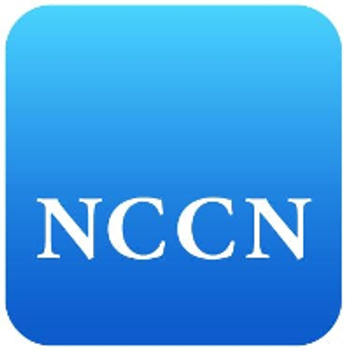
At the National Comprehensive Cancer Network Annual Conference, Arlene O. Siefker-Radtke, MD, discussed immune checkpoint inhibitors and their potential in urothelial bladder cancer.

Penn Medicine's Stephen Schuster, MD, offers an overview of an eventful year in CAR T-cell therapy at the NCCN Virtual Annual Meeting.

